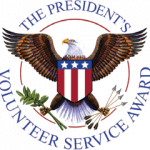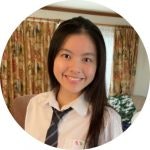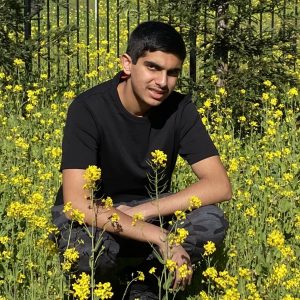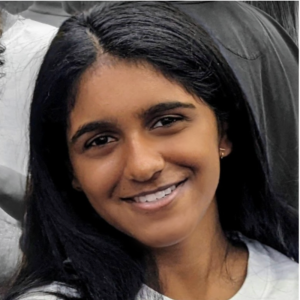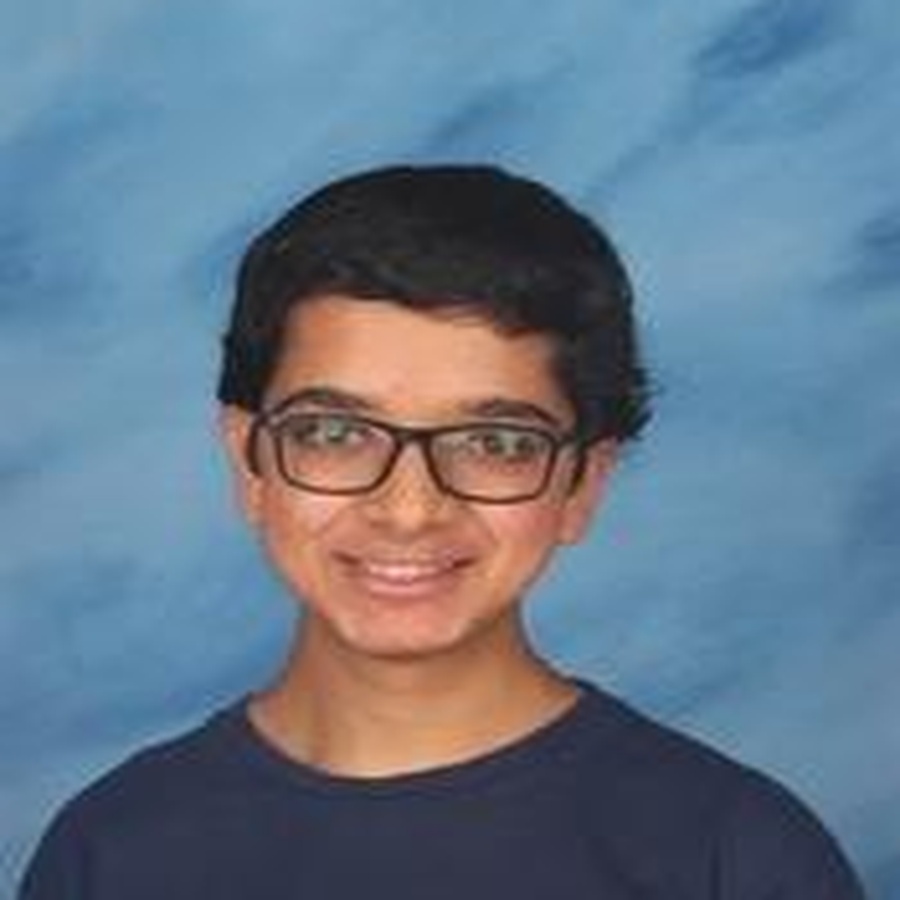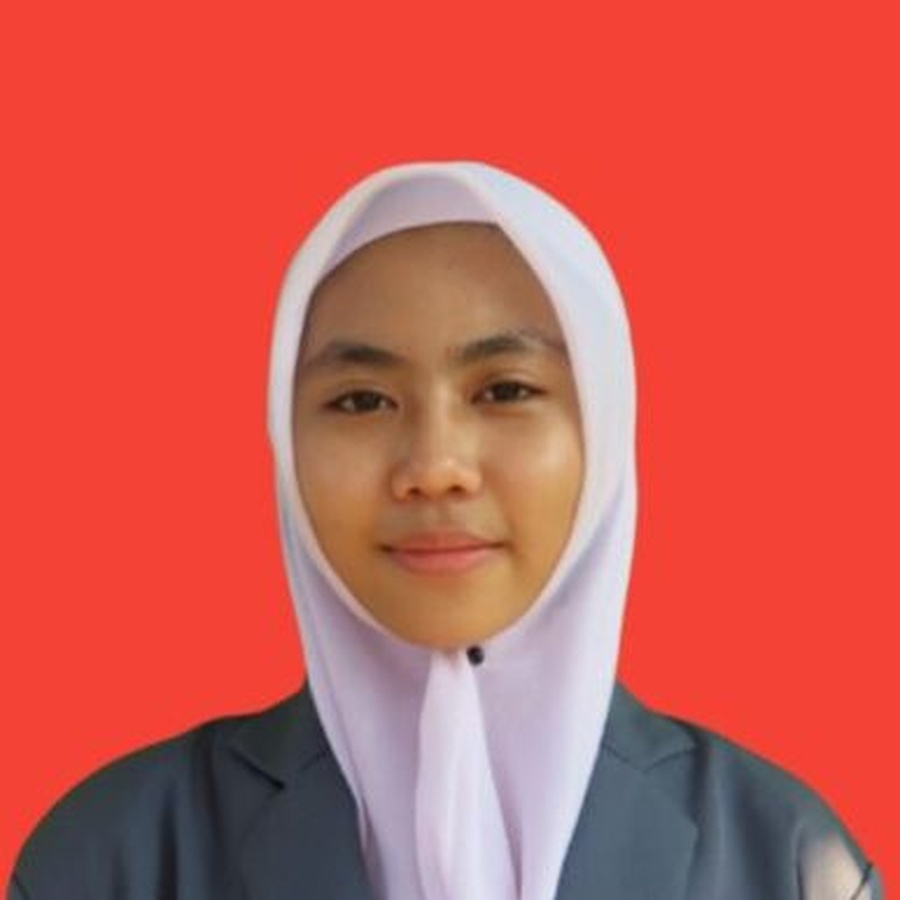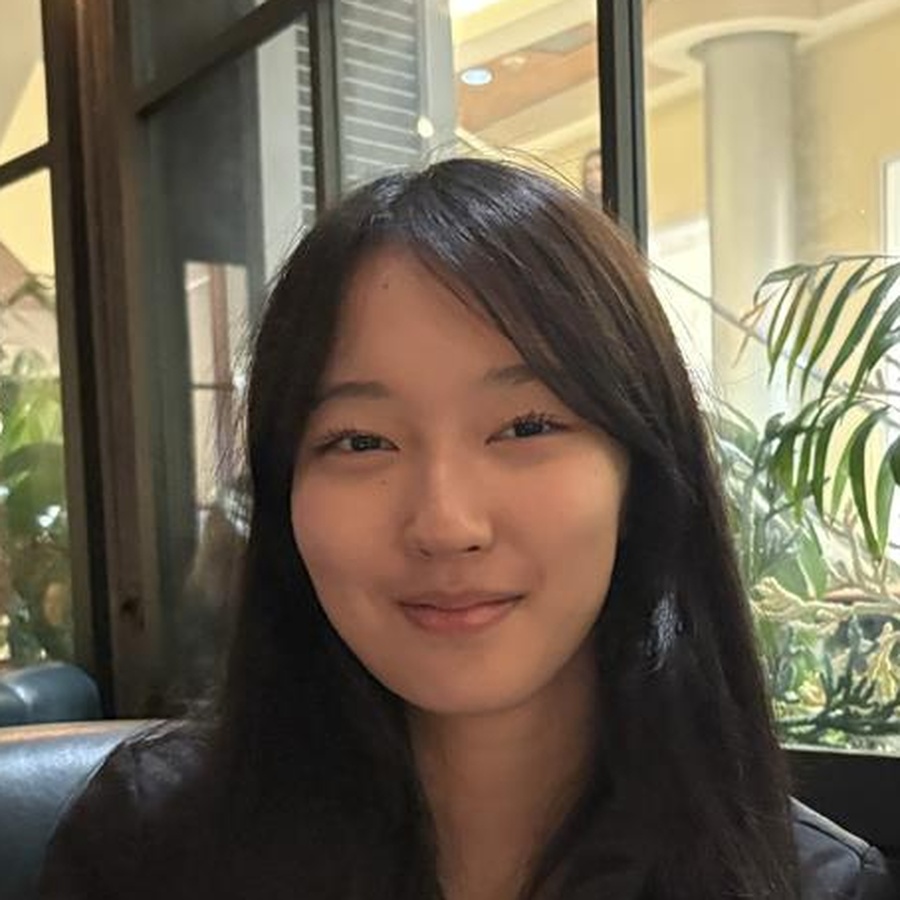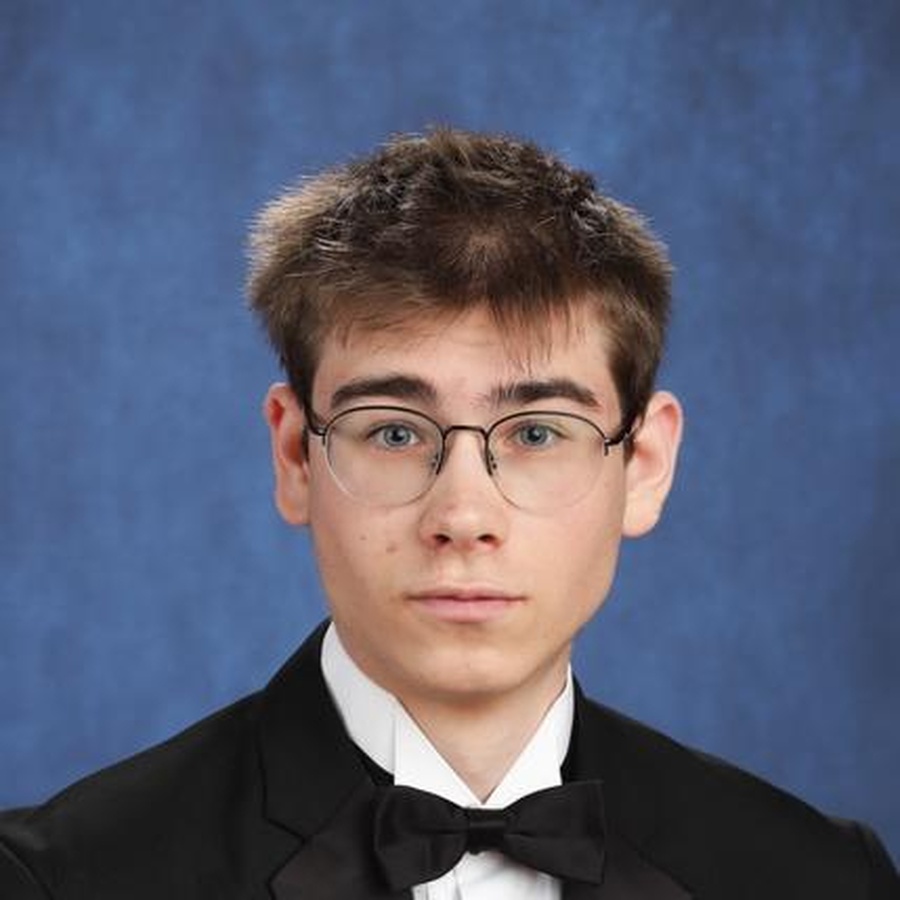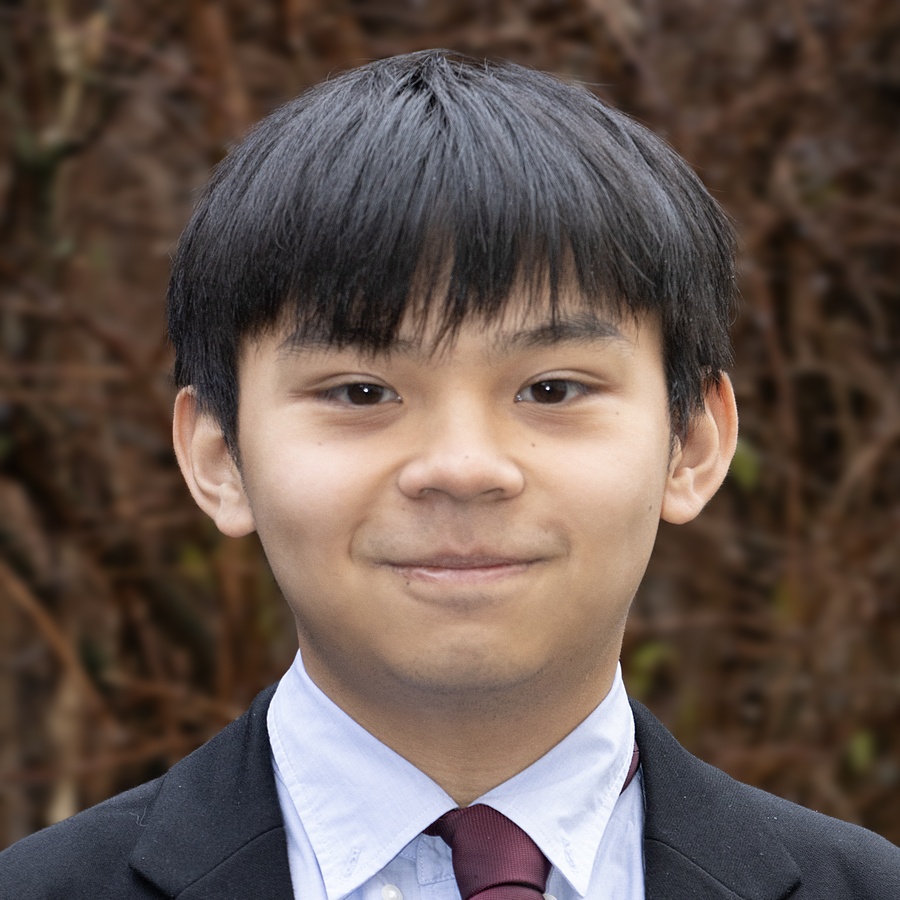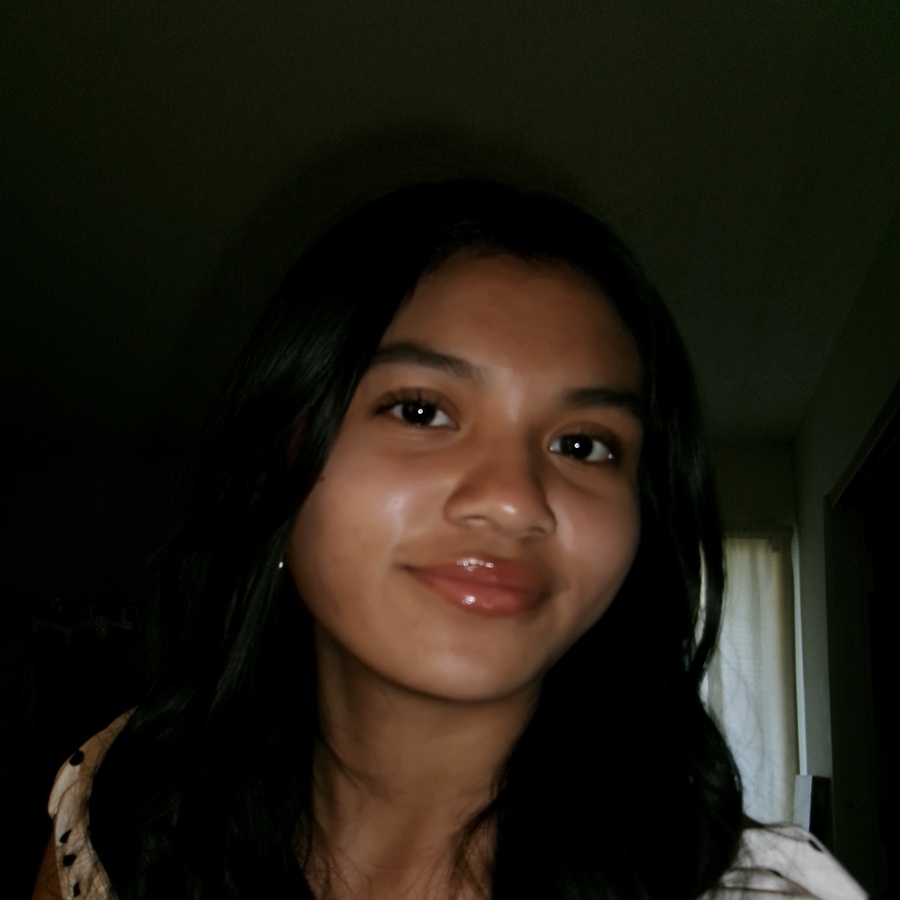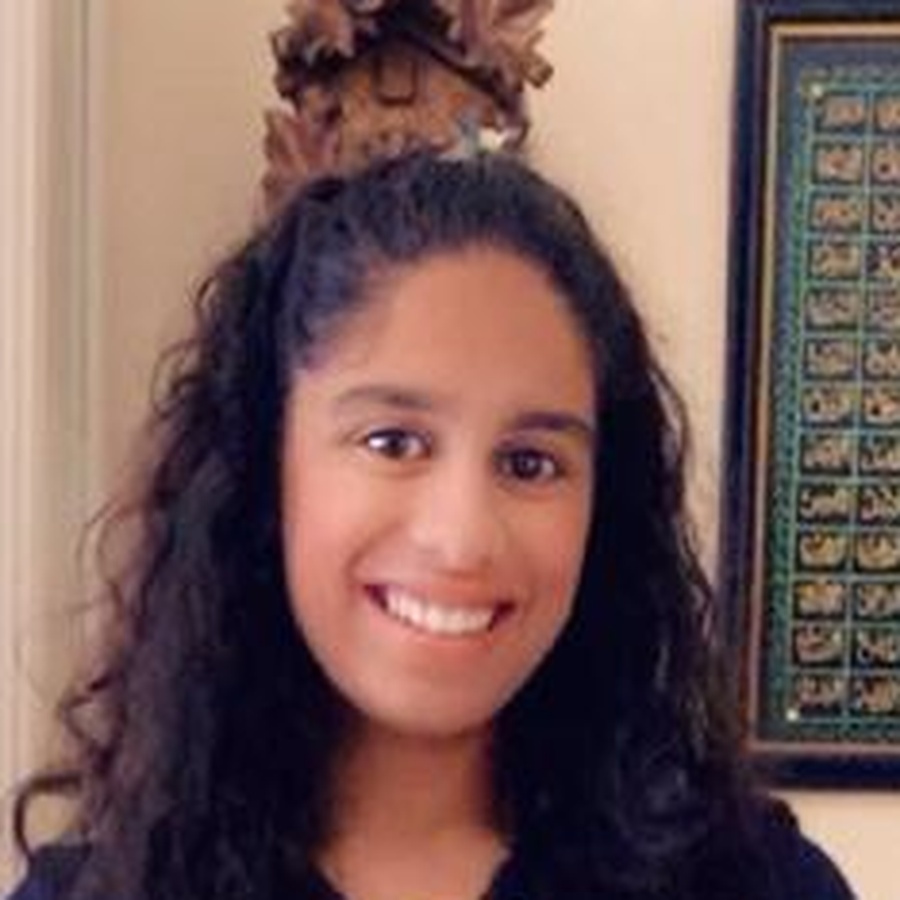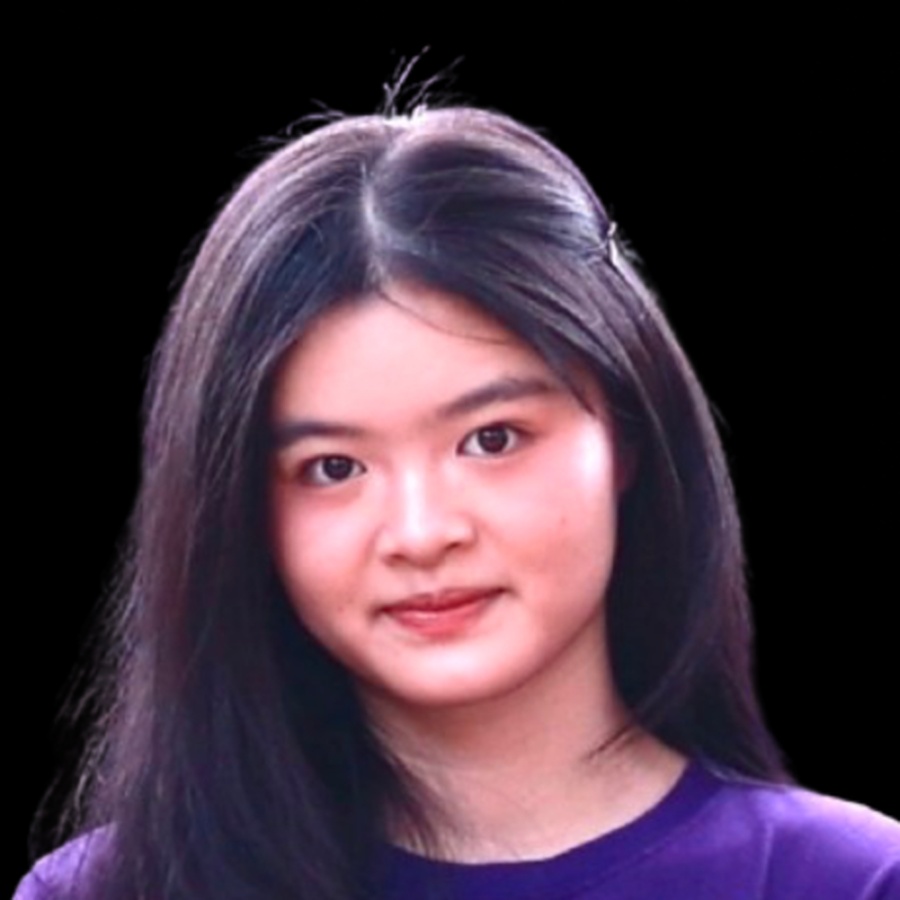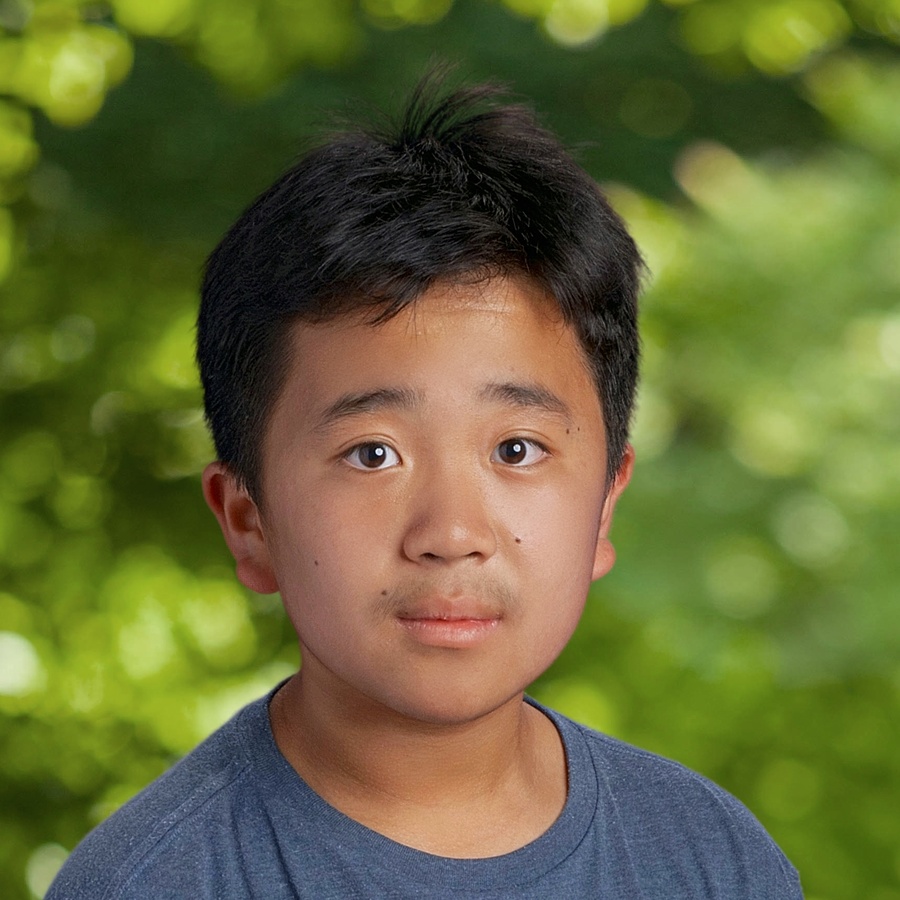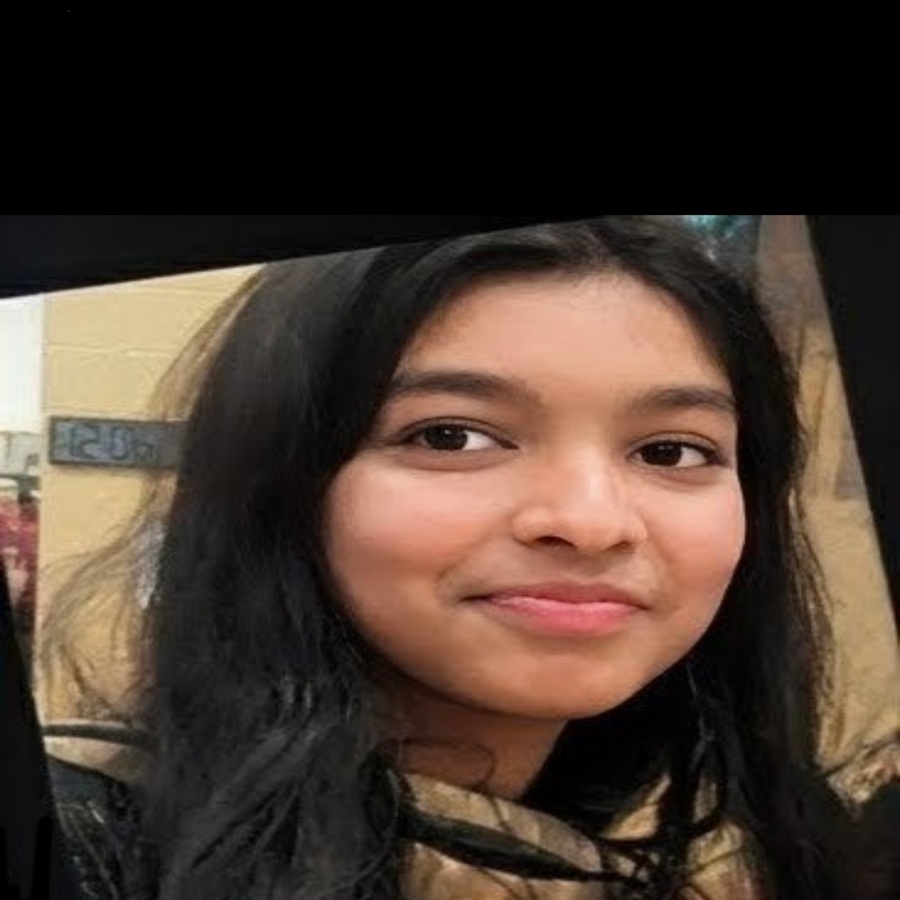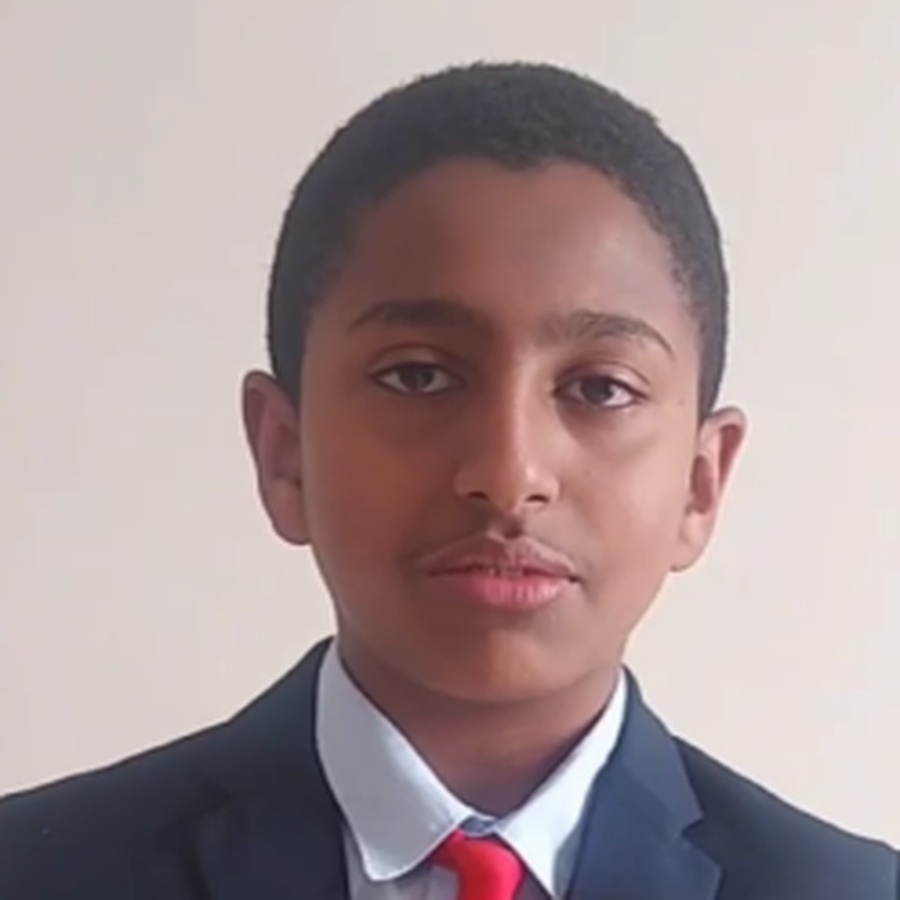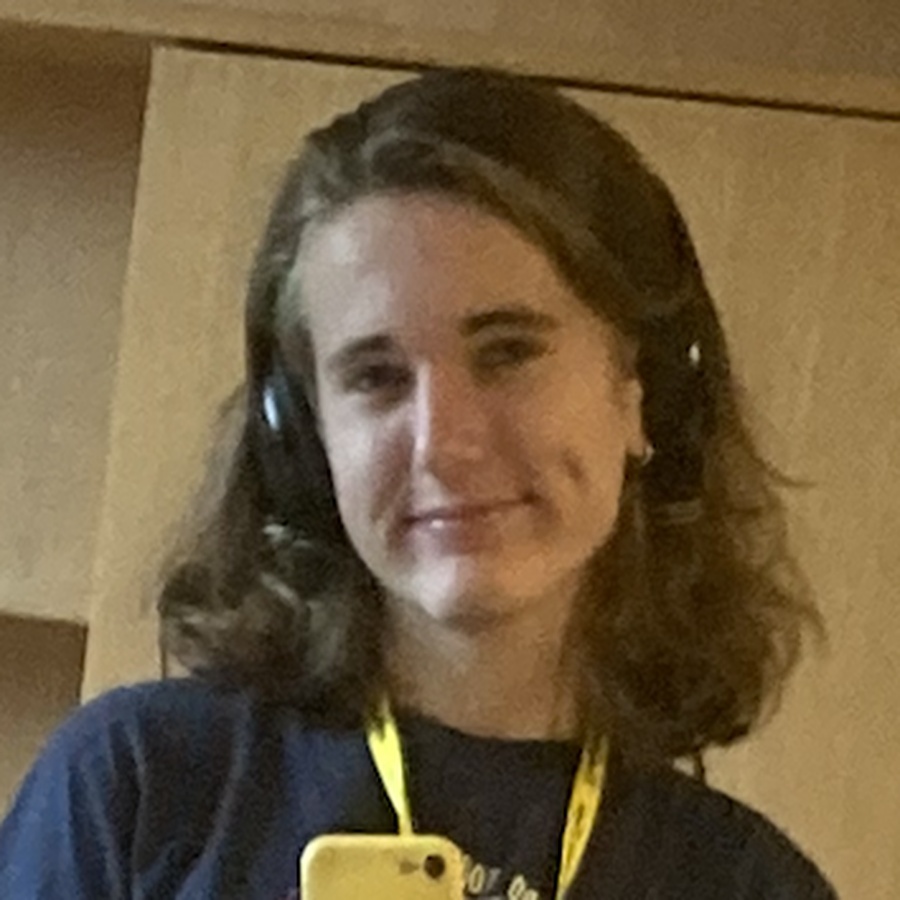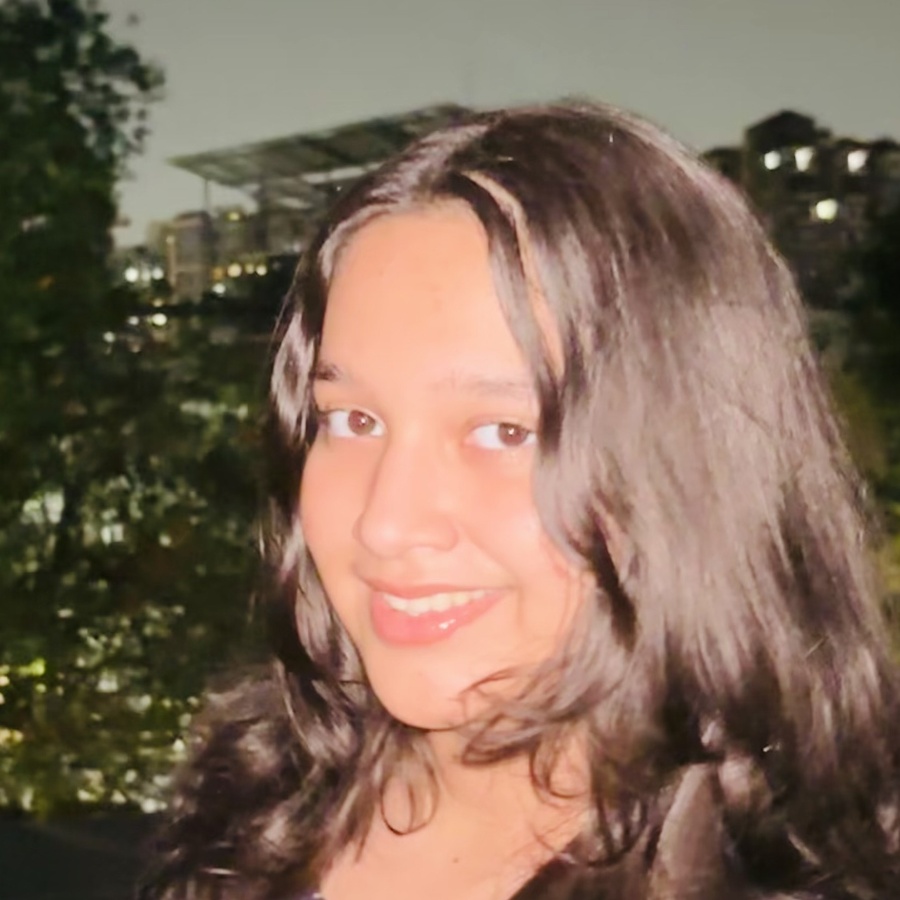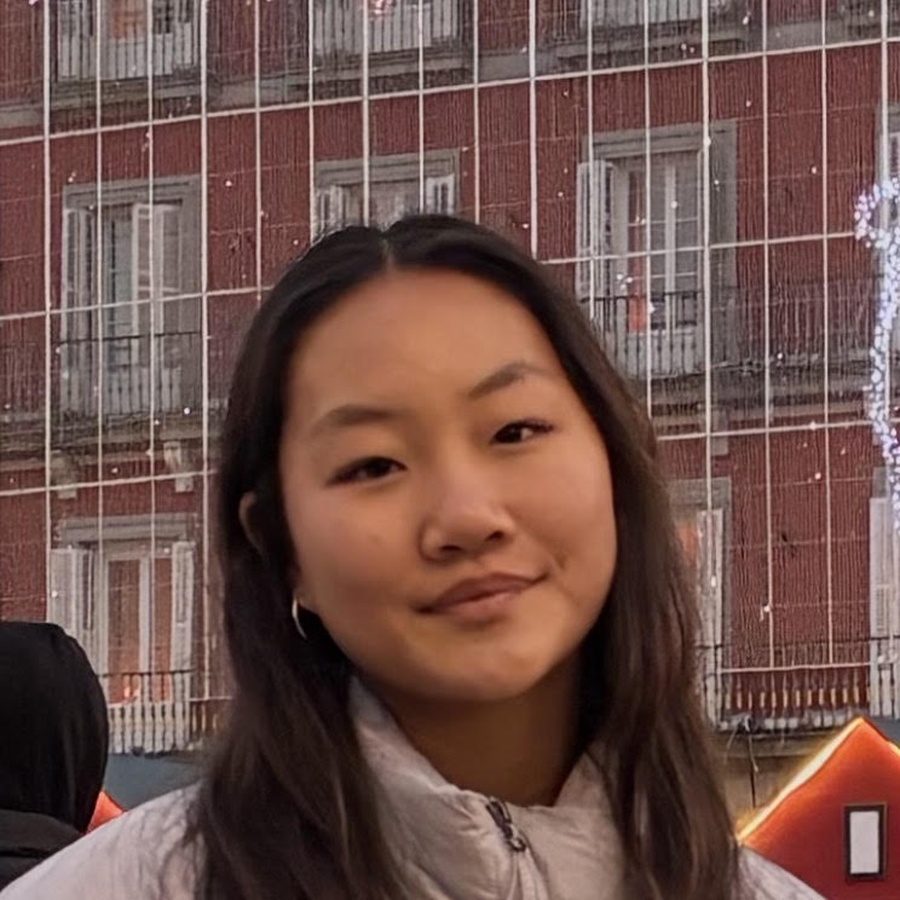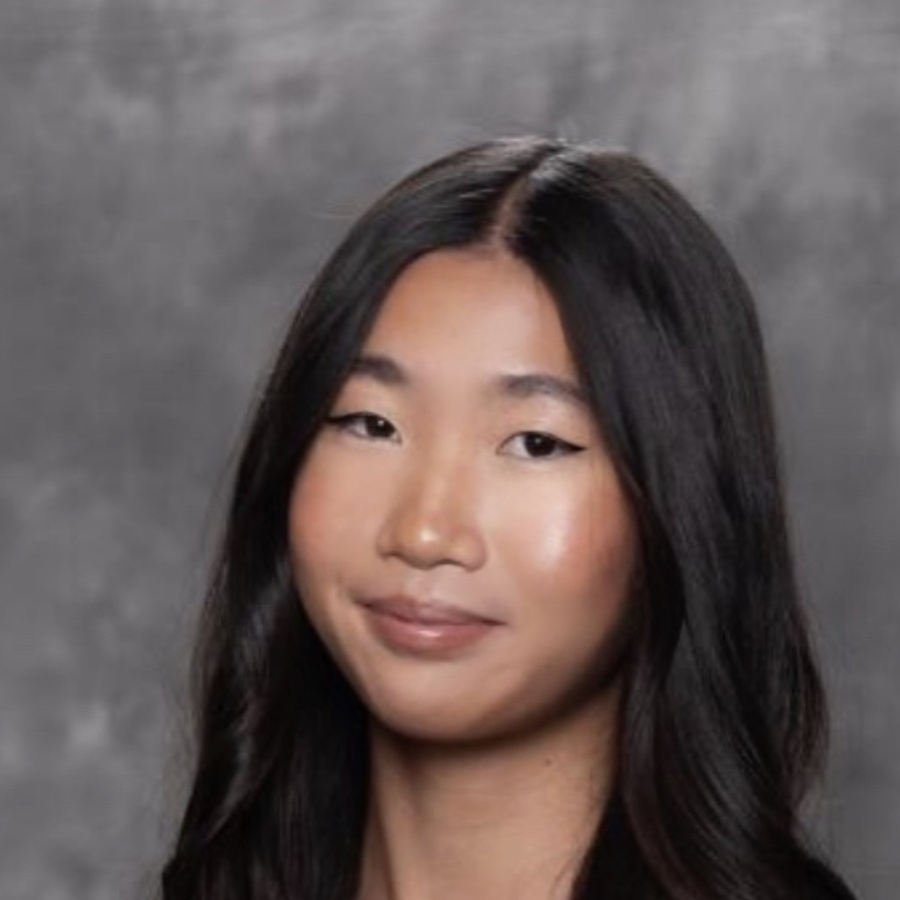 Tyler Francis
Tyler Francis Virginia (Cohort 7)
Recognized for leading daily cleanups and engaging youth in sustainability activities.
 Ashley Kelly
Ashley Kelly Connecticut (Cohort 7)
Recognized for collecting 215 pairs of sneakers for recycling and upcycling.
 Pranav Aiyer
Pranav Aiyer California (Cohort 7)
Recognized for repurposing e-waste, donating 30 laptops, and promoting sustainability.
 Inika Bassamboo
Inika Bassamboo Illinois (Cohort 7)
Recognized for collecting books and supplies for children in Ghana while reducing waste.
 Ella Dattamajumdar
Ella Dattamajumdar California (Cohort 7)
Recognized for creating an interactive climate education program for young students.
 Amita Akshinthala
Amita Akshinthala New Jersey (Cohort 6)
Recognized for co-directing two cohorts and supporting four student facilitators to help ~50 fellows design and implement their projects.
 Rewa Bathula
Rewa Bathula California (Cohort 6)
Recognized for upcycling 212 pounds of glass bottles into eco-friendly candles, reducing glass waste in her community.
 Barron Smith
Barron Smith Indiana (Cohort 6)
Recognized for reshaping 13.75 acres of land to provide homes for hundreds of animals, improving the local ecosystem.
 Lysha Rashid
Lysha Rashid Virginia (Cohort 6)
Recognized for donating 200-300 bags of clothes, toys, and other items to shelters and presenting on pollution control to youth at local schools.
 Angelo Boujaoude
Angelo Boujaoude New Jersey (Cohort 5)
Recognized for collecting and donating 63 articles of clothing and 31 pairs of shoes to local shelters, promoting reusing items instead of sending them to landfills.
 Alexia Purkanto
Alexia Purkanto Pennsylvania (Cohort 5)
Recognized for teaching children how to integrate sustainability into their daily lives through creative art projects using recycled materials.
 Alexandra Pool
Alexandra Pool Colorado (Cohort 4)
Recognized for organizing an educational Earth Week at her school, raising awareness on climate change and inspiring fellow students to take action.
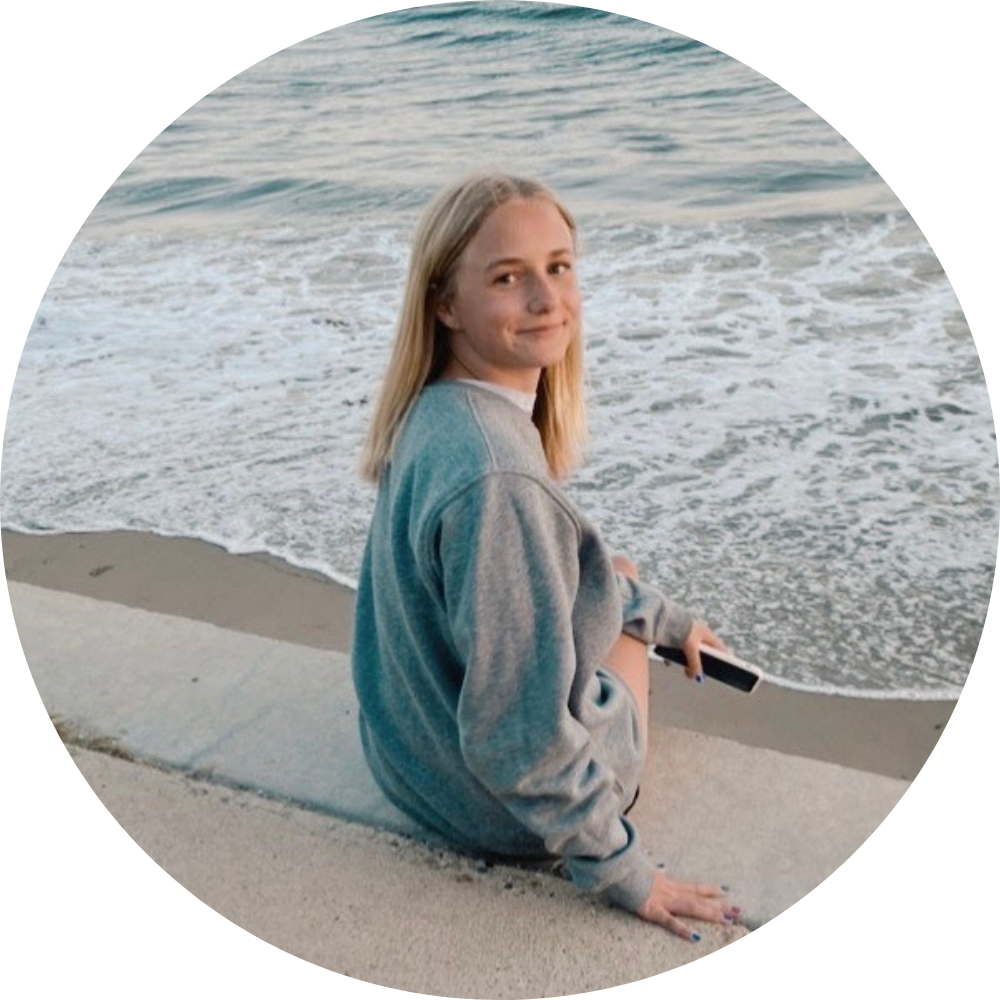 Kate Ragatz
Kate Ragatz California (Cohort 3)
Recognized for a solution to provide a sustainable energy source through hydropower while also supplying clean drinking water.
 Michael Doyle
Michael Doyle California (Cohort 3)
Recognized for raising $1,735.80, providing over 5,000 meals for families in need during the holiday season, helping reduce food insecurity in his community.
 Alice Bussler
Alice Bussler Pennsylvania (Cohort 6)
Recognized for reducing food waste and repurposing paper through her initiative, which is expected to donate over 400 servings of food and has created 837 seed packets.
 Aryan Tuteja
Aryan Tuteja Colorado (Cohort 4)
Recognized for fundraising to support waste management and recycling initiatives.
 Charlotte Patty
Charlotte Patty Texas (Cohort 3)
Recognized for implementing a high school recycling program, offsetting the community’s emissions by over 1,400 pounds.
 Marin Peale
Marin Peale Virginia
Recognized for creating a composting system at a local middle school and launching a coat drive, saving coats from landfills for underserved people.
 Bronze award recipients not pictured:
Bronze award recipients not pictured:
Thaniha Mohan, Krish Matai, Sophie Berman, Benny Jiang.

